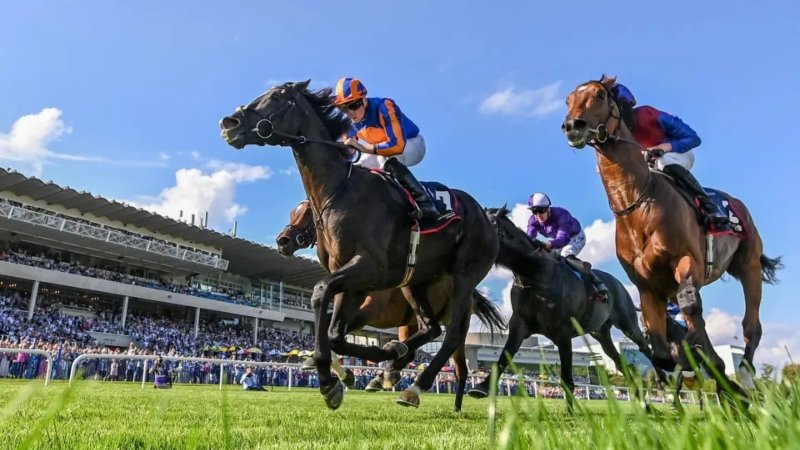Once, jockeys shone only within the confines of the racetrack, with limited exposure to mainstream media. Though heroes to racing fans, their presence was known only through race results and newspaper articles.
However, the situation has changed dramatically in modern times. Italian star jockey Lanfranco Frankie Dettori is a prime example of building a global brand through social media. His Instagram boasts over 210,000 followers, and his pre- and post-race posts influence not only fan psychology but also the betting market. Photos sharing victory moments and behind-the-scenes footage have the power to transform jockeys from mere competitors into protagonists of a narrative.
Social Media Shaping Fan Psychology and Betting Behavior
The content jockeys share goes beyond mere information provision. It includes the cultivation of credibility. Top U.S. jockey Irad Ortiz Jr. gained strong recognition through his Breeders’ Cup performances, and his exposure on social media and mass media has become a factor raising fan expectations.
Britain’s Ryan Moore, too, has strengthened his presence through quiet yet consistent victories on the international stage. Reports indicate such communications influence odds fluctuations, signaling an era where a jockey’s words and demeanor directly impact the market.
Japan, far from America and Britain, is also known as a major horse racing nation. Considering Japan’s situation reveals a unique structure. While general gambling is prohibited by criminal law in Japan, legal betting is permitted only for state-sanctioned competitions like horse racing and bicycle racing. Consequently, bookmakers offering horse racing bets in Japan lack the freedom seen in overseas markets and face significant institutional constraints. Conversely, these constraints have strengthened a culture of emotional investment in the stories of jockeys and horses. Social media serves as a bridge to widely share these stories, playing a role in increasing fan engagement with races by allowing fans to connect with the human aspects of jockeys.
Examples of Branding and Sponsorship
Dettori has pursued strategies to elevate his brand value beyond being merely a competitor. He serves as a global ambassador for companies like Amo Racing and Stake, transforming his success as a jockey into a personal brand. Such sponsorships elevate jockeys beyond the sport into cultural icons. Australia’s James McDonald leveraged TikTok to attract younger fans and expand his sponsorship exposure. Compilation videos of his race wins garnered tens of thousands of views, broadening his support base beyond traditional horse racing fans.
These trends are reshaping jockeys’ income structures. While prize money was traditionally the primary source of income, diverse revenue streams like advertising contracts, event appearances, and licensed merchandise are now rapidly increasing. Jockeys sharing their personal narratives on social media creates compelling investment opportunities for sponsors, strengthening the economic foundation of the entire horse racing industry.
Stories Drive the Market
In the social media era, jockeys are not merely competitors but information disseminators. They must possess the ability to craft narratives and evoke empathy among fans. Dettori’s victory dance, Ortiz’s defiant stance, Moore’s quiet craftsman image, McDonald’s approach to younger audiences—all are strategic choices for jockeys building their personal brands.
Fans deepen their engagement with races and betting through empathy with these personalities. Even in markets with institutional constraints like Japan, social media is becoming a vital tool for spreading jockeys’ narratives. The relationship between story and market shows the potential to transform horse racing from a mere sport into participatory entertainment. As jockeys tell their own stories and fans connect with them, horse racing is gaining new cultural value. Visit my site Kenn Whitaker for more details.
